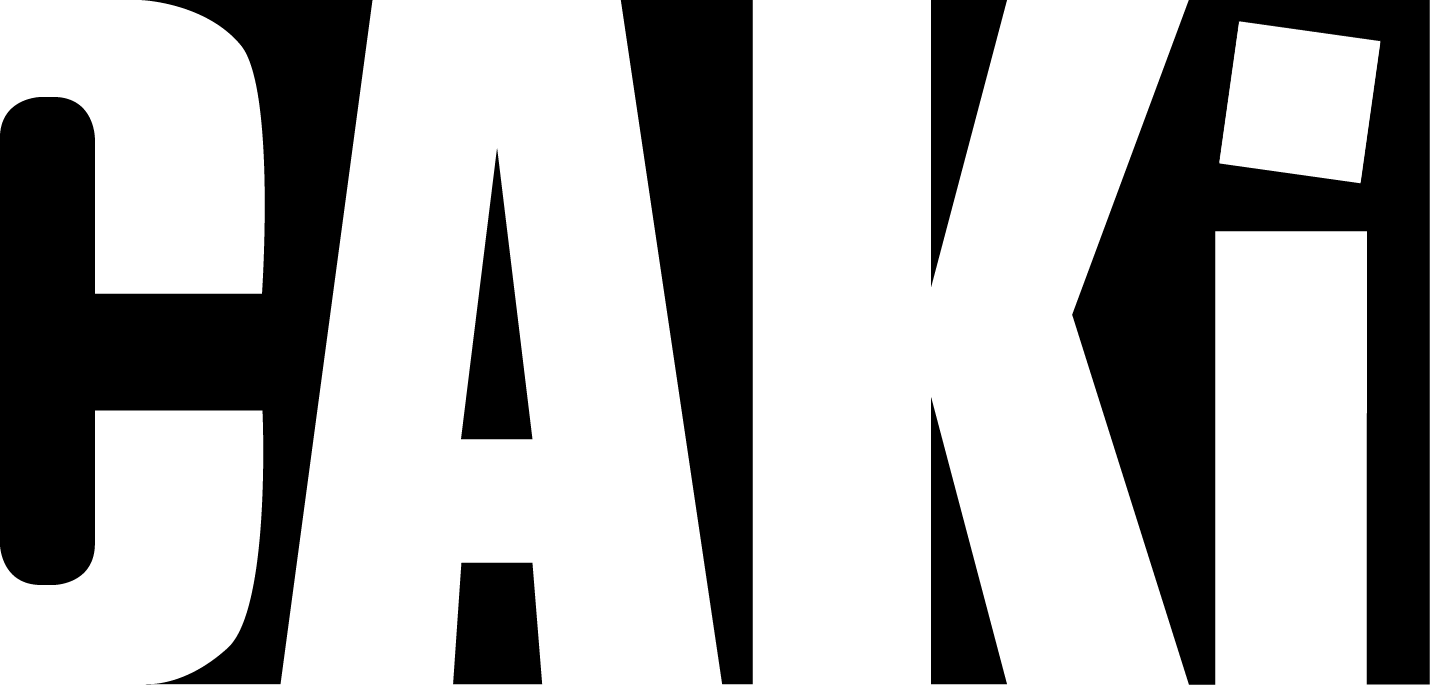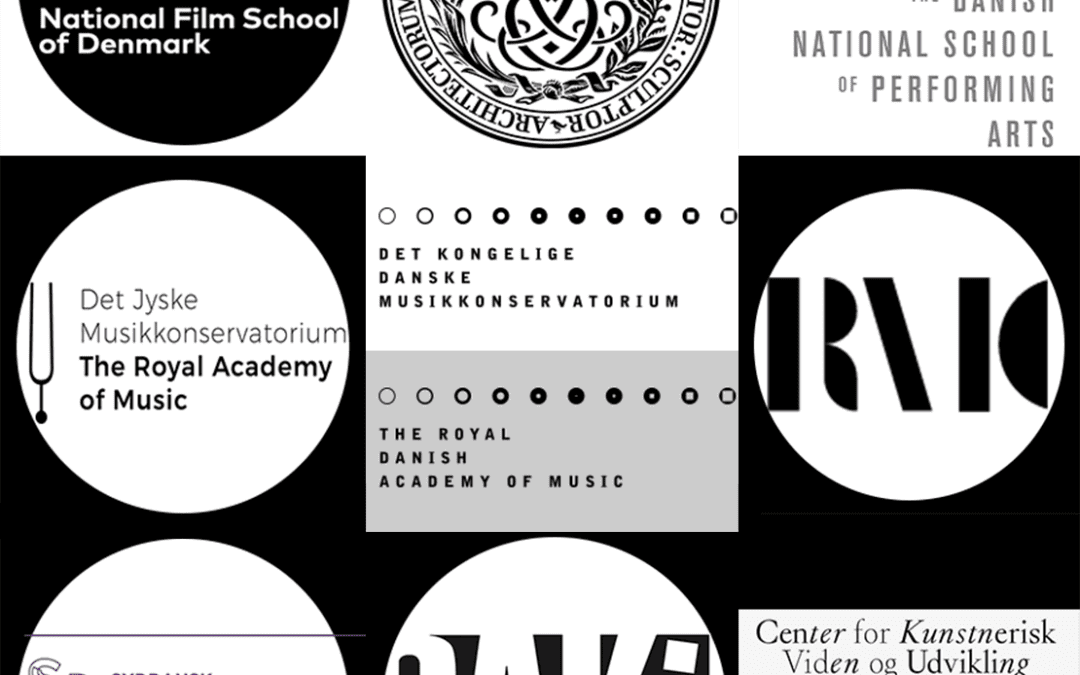The Moment We’ve All Been Waiting For!
The external board members for the seven new boards of directors at the art schools have now been announced. It is Minister of Culture Jakob Engel-Schmidt who has appointed the external members of the boards, which will oversee the strategic leadership and have overall responsibility for the institutions’ operations, finances, and development.
The field comprises a strong mix of both professionals in the field and experienced board members. Together, the seven board chairs represent a broad and deep understanding of the core missions of the art schools. Some of them have also participated in the now-concluded stakeholder panels, thus being familiar with the schools’ practices and operations at an operational level.
The seven board chairs are:
Louise Vesth, Den Danske Filmskole
Gitte Ørskou, Det Kgl. Danske Kunstakademis Billedkunstskoler
Eva Præstiin, Den Danske Scenekunstskole
Claus Olesen, Syddansk Musikkonservatorium
Morten Koppelhus, Det Jyske Musikkonservatorium
Kim Bohr, Det Kgl. Danske Musikkonservatorium
Signe Lopdrup, Rytmisk Musikkonservatorium

